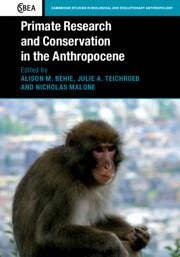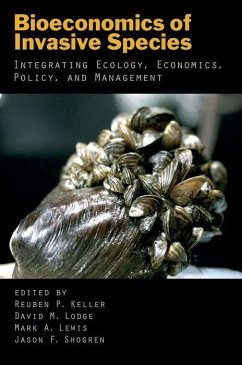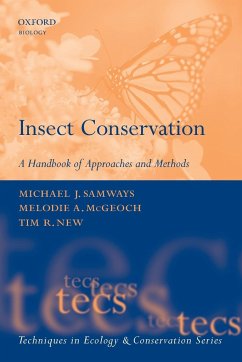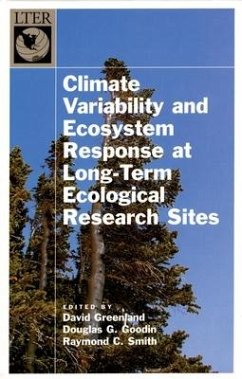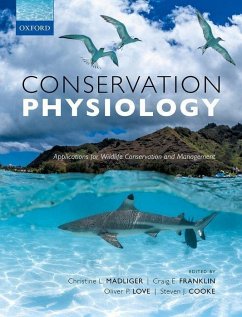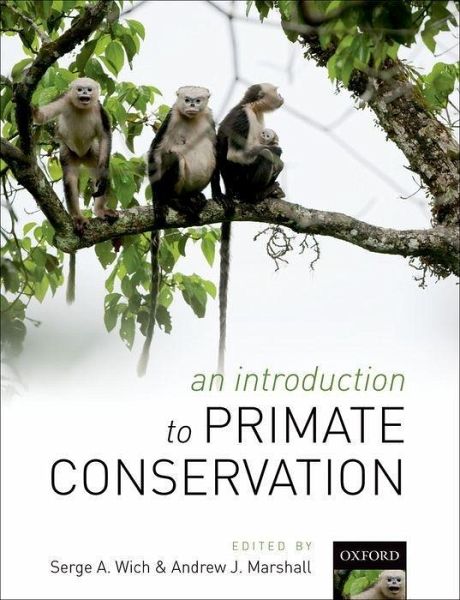
INTRO TO PRIMATE CONSERVATION C
Versandkostenfrei!
Versandfertig in 1-2 Wochen
146,99 €
inkl. MwSt.

PAYBACK Punkte
73 °P sammeln!
The number of primates on the brink of extinction continues to grow, and the need to respond with effective conservation measures has never been greater. This book provides a comprehensive and state-of-the-art synthesis of research principles and applied management practices for primate conservation. It begins with a consideration of the biological, intellectual, economic, and ecological importance of primates and a summary of the threats that they face, before goingon to consider these threats in more detail with chapters on habitat change, trade, hunting, infectious diseases, and climate cha...
The number of primates on the brink of extinction continues to grow, and the need to respond with effective conservation measures has never been greater. This book provides a comprehensive and state-of-the-art synthesis of research principles and applied management practices for primate conservation. It begins with a consideration of the biological, intellectual, economic, and ecological importance of primates and a summary of the threats that they face, before going
on to consider these threats in more detail with chapters on habitat change, trade, hunting, infectious diseases, and climate change. Potential solutions in the form of management practice are examined in detail, including chapters on conservation genetics, protected areas, and translocation.
An Introduction to Primate Conservation brings together an international team of specialists with wide-ranging expertise across primate taxa. This is an essential textbook for advanced undergraduates, graduate students, and established researchers in the fields of primate ecology and conservation biology. It will also be a valuable reference for conservation practitioners, land managers, and professional primatologists worldwide.
on to consider these threats in more detail with chapters on habitat change, trade, hunting, infectious diseases, and climate change. Potential solutions in the form of management practice are examined in detail, including chapters on conservation genetics, protected areas, and translocation.
An Introduction to Primate Conservation brings together an international team of specialists with wide-ranging expertise across primate taxa. This is an essential textbook for advanced undergraduates, graduate students, and established researchers in the fields of primate ecology and conservation biology. It will also be a valuable reference for conservation practitioners, land managers, and professional primatologists worldwide.



